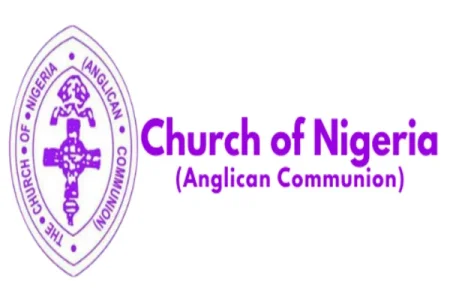
The Digest:
For many international students, the dream extends beyond graduation to building a new life abroad. Contrary to popular belief, transitioning from a student visa to permanent residency (PR) is achievable in several countries that actively seek global talent. This guide explores 10 nations offering clear pathways to Global Futures, noting recent shifts in immigration policies that may impact these routes.
Important Note: Immigration policies are dynamic and subject to frequent changes. While the information below reflects current pathways, prospective students should always verify the latest regulations with official government sources.
Key Points:
- Canada: Remains a top choice due to its immigration-friendly policies. Graduates can apply for a Post-Graduate Work Permit (PGWP) for up to three years, enhancing PR chances through the Canadian Experience Class (Express Entry) and Provincial Nominee Programs (PNPs). However, recent pronouncements by the Canadian Immigration Minister in November 2024 emphasize no automatic pathway from study permits to permanent residency, and permanent residency quotas have seen a 20% reduction. The Student Direct Stream (SDS) has also been closed. These changes signal a more selective approach, aligning PR pathways with the country's long-term economic and social goals.
- France: Increasingly popular for African students. Graduates can secure a temporary residence permit (APS) for up to 24 months to seek employment. PR is generally achievable after two years of continuous residence with stable employment.
- Australia: Offers multiple paths to PR, rewarding skilled education and work experience. International students can get a Temporary Graduate Visa (18 months to 4 years) to work, potentially qualifying for the General Skilled Migration (GSM) program. State and territory nomination programs also fast-track PR for those with in-demand skills.
- Germany: Provides a structured path from education to permanent settlement. Graduates can obtain an 18-month Job Seeker Visa. Once employed, they can apply for a work visa or the EU Blue Card, which can lead to PR in as little as 21 months for those with advanced German language skills.
- United Kingdom (UK): While previously seen as easing post-study migration, recent proposals in a May 2025 immigration white paper indicate significant tightening. The Graduate Route visa is proposed to be reduced from two years to 18 months. Crucially, the standard qualifying period for Indefinite Leave to Remain (ILR), or permanent residency, is proposed to increase from five years to ten years by default, though "earned settlement" proposals might offer shorter paths based on contributions. Some changes, like a revised list of jobs for Skilled Worker visas, are slated to take effect by July 22, 2025.
- New Zealand: Consistently friendly for migrants. Graduates can apply for a Post-Study Work Visa (up to three years). Securing skilled jobs can lead to PR via the Skilled Migrant Category (SMC), a points-based system.
- Norway: Offers an accessible route to residency. After completing a bachelor's or master's degree, students can extend their residence permit to seek employment. PR is typically eligible after three years of continuous residence, requiring financial independence and Norwegian language proficiency.
- Singapore: A magnet for talent due to its booming economy. International students can use a Long-Term Visit Pass (LTVP) for up to two years to seek employment. An Employment Pass (EP) for skilled professionals can lead to PR over time, particularly for those in tech, engineering, and finance.
- Ireland: Features a tech-driven economy and student-friendly policies. The Third-Level Graduate Scheme allows a two-year stay to seek employment. Securing a Critical Skills Employment Permit (CSEP) can lead to a Stamp 4 Visa after two years, paving a clear path to PR and citizenship.
- Finland: A rising hub for international students, especially in STEM fields. Graduates can stay for up to two years to search for employment. PR can be applied for after four years of continuous residence with a work-based permit, requiring language skills and stable income.
Sources: Niarametrics, UK Parliament, Vanguard, Canada.ca, fragomen.com




